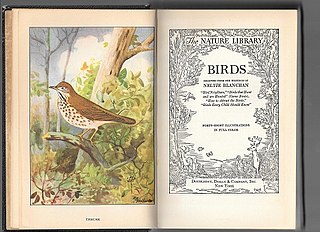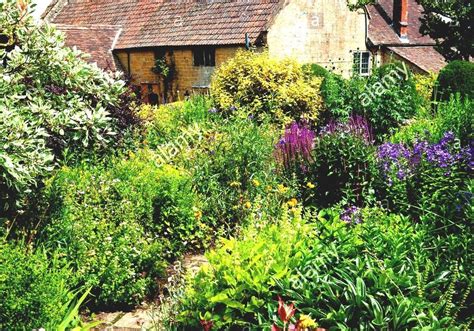A Quote by Winifred Mary Letts
That God once loved a garden we learn in Holy writ.
And seeing gardens in the Spring I well can credit it.
Related Quotes
Zen is to religion what a Japanese "rock garden" is to a garden. Zen knows no god, no afterlife, no good and no evil, as the rock-garden knows no flowers, herbs or shrubs. It has no doctrine or holy writ: its teaching is transmitted mainly in the form of parables as ambiguous as the pebbles in the rock-garden which symbolise now a mountain, now a fleeting tiger. When a disciple asks "What is Zen?", the master's traditional answer is "Three pounds of flax" or "A decaying noodle" or "A toilet stick" or a whack on the pupil's head.
Bad Gardens copy, good gardens create, great gardens transcend. What all great gardens have in common are their ability to pull the sensitive viewer out of him or herself and into the garden, so completely that the separate self-sense disappears entirely, and at least for a brief moment one is ushered into a nondual and timeless awareness. A great garden, in other words, is mystical no matter what its actual content.
Does the unmistakeable intent of Versailles to proclaim dominion over nature destroy its aesthetic appeal, as Schopenhauer thought? Does the greenness of the lawn lose its allure when we learn how much water, sorely needed elsewhere, it uses? And historical shifts in garden taste - from formal, 'French' gardens to 'Capability' Brown's landscapes, for instance, or from the elaborate gardens of imperial Kyoto to Zen 'dry' gardens - register important changes in philosophical or religious attitudes.
One of the first gardens I did outside the family was for the designer Hattie Carnegie. I was 23 then, and I went to her salon, but could not afford any of her dresses myself, though I loved them. Miss Carnegie suggested I do a garden in exchange for a coat and dress, and so I designed and planted a garden for her.
In the autumn I gathered all my sorrows and buried them in my garden. And when April returned and spring came to wed the earth, there grew in my garden beautiful flowers unlike all other flowers. And my neighbors came to behold them, and they all said to me, "When autumn comes again, at seeding time, will you not give us of the seeds of these flowers that we may have them in our gardens?"
Most people, early in November, take last looks at their gardens, are are then prepared to ignore them until the spring. I am quite sure that a garden doesn't like to be ignored like this. It doesn't like to be covered in dust sheets, as though it were an old room which you had shut up during the winter. Especially since a garden knows how gay and delightful it can be, even in the very frozen heart of the winter, if you only give it a chance.
One of the most delightful things about gardening is the freemasonry it gives with other gardeners, and the interest and pleasure all gardeners get by visiting other people's gardens. We all have a lot to learn and in every new garden there is a chance of finding inspiration - new flowers, different arrangement or fresh treatment for old subjects. Even if it is a garden you know by heart there are twelve months in the year and every month means a different garden, and the discovery of things unexpected all the rest of the year.
It takes time and devotion to learn the language of color and lighting in the garden. Your tastes are sure to change over time, reflecting your inner evolution. Seeing the garden as a canvas for your celebration of Nature's palette is a wonderful expression of the soul's love of beauty and artistry. Your own inner intuition, however, is often your best teacher, but don't forget that Mother Nature will always have a few surprises up Her sleeve as well.






































